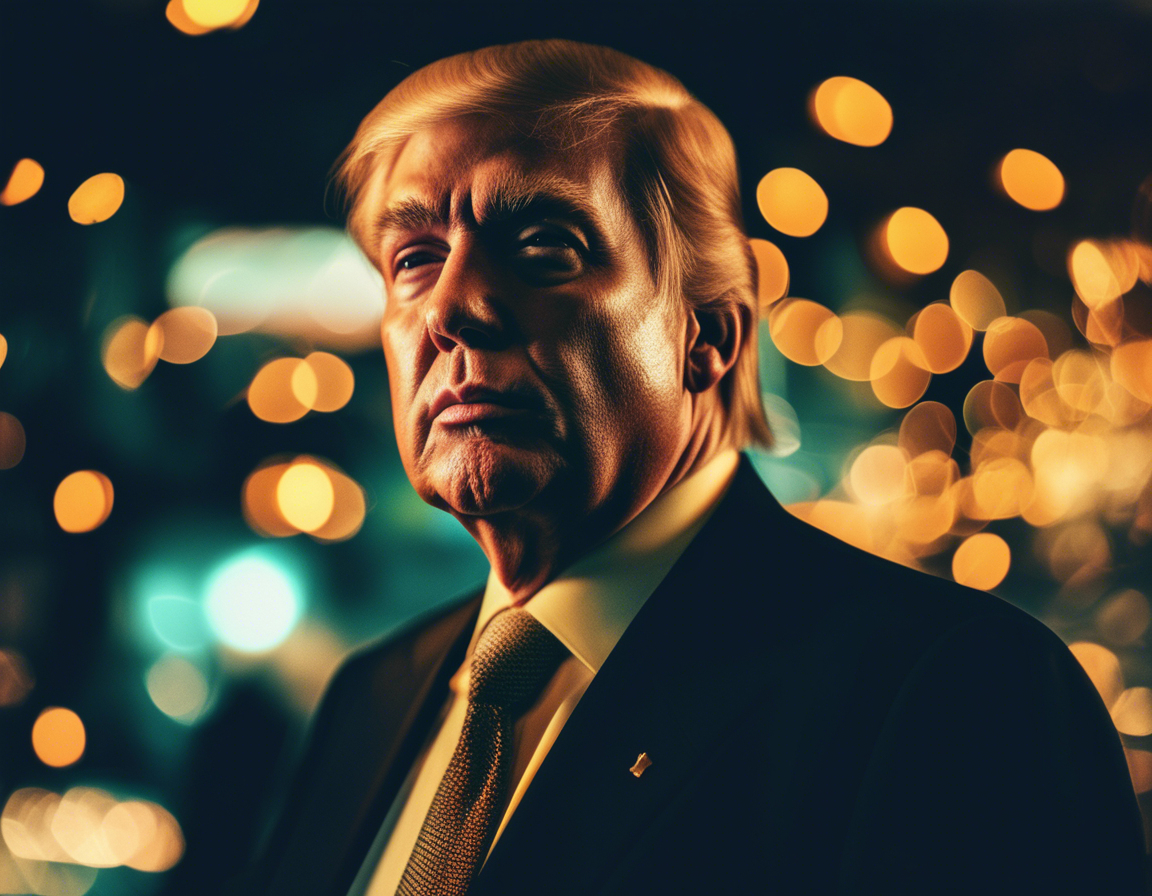
Trump Imposes 25% Tariff on India Over Russian Oil Buys
President Trump imposed additional tariffs on India for purchasing Russian oil, escalating trade tensions between the two countries.

In a bid to curb global reliance on Russian energy amidst the ongoing conflict in Ukraine, President Donald Trump has implemented a series of stringent economic measures, including additional tariffs on nations that continue to purchase oil from Russia. This move has sparked a wave of international reactions, with some countries expressing their displeasure and others adapting their trade strategies.
Trump's Multi-pronged Trade Strategy
President Trump's administration has adopted a multifaceted approach to addressing the issue of Russian energy imports, employing a combination of tariffs, trade agreements, and diplomatic pressure. The recent imposition of a 25% tariff on India for purchasing Russian oil exemplifies this strategy. This measure follows a series of similar actions taken against other nations, underscoring the US's determination to exert economic influence on the global energy market.
India Buys Oil Amidst Tariff Threat
India, a major importer of crude oil, has found itself at odds with the United States over its continued purchases of Russian oil. While India argues that these imports are essential to meet its domestic energy needs, the US government contends that such transactions indirectly support Russia's war effort in Ukraine. The imposition of tariffs on Indian oil imports serves as a stark reminder of the economic consequences associated with defying US trade policies.
Trump's trade actions have sent ripples through the global economy, prompting mixed reactions from various countries. Some nations have expressed concern over the potential for trade disputes and disruptions to global supply chains. Others have seen an opportunity to strengthen their economic ties with the United States or to exploit the situation by increasing exports to nations facing US tariffs.
Navigating Trade Tensions
In response to the escalating trade tensions, businesses are actively seeking ways to mitigate risks and adapt to the evolving landscape. Some companies are exploring alternative sourcing options for raw materials and finished goods, while others are investing in technologies that enhance supply chain resilience. Governments are also engaged in diplomatic efforts to resolve trade disputes and promote a more stable global trading system.
Share news















